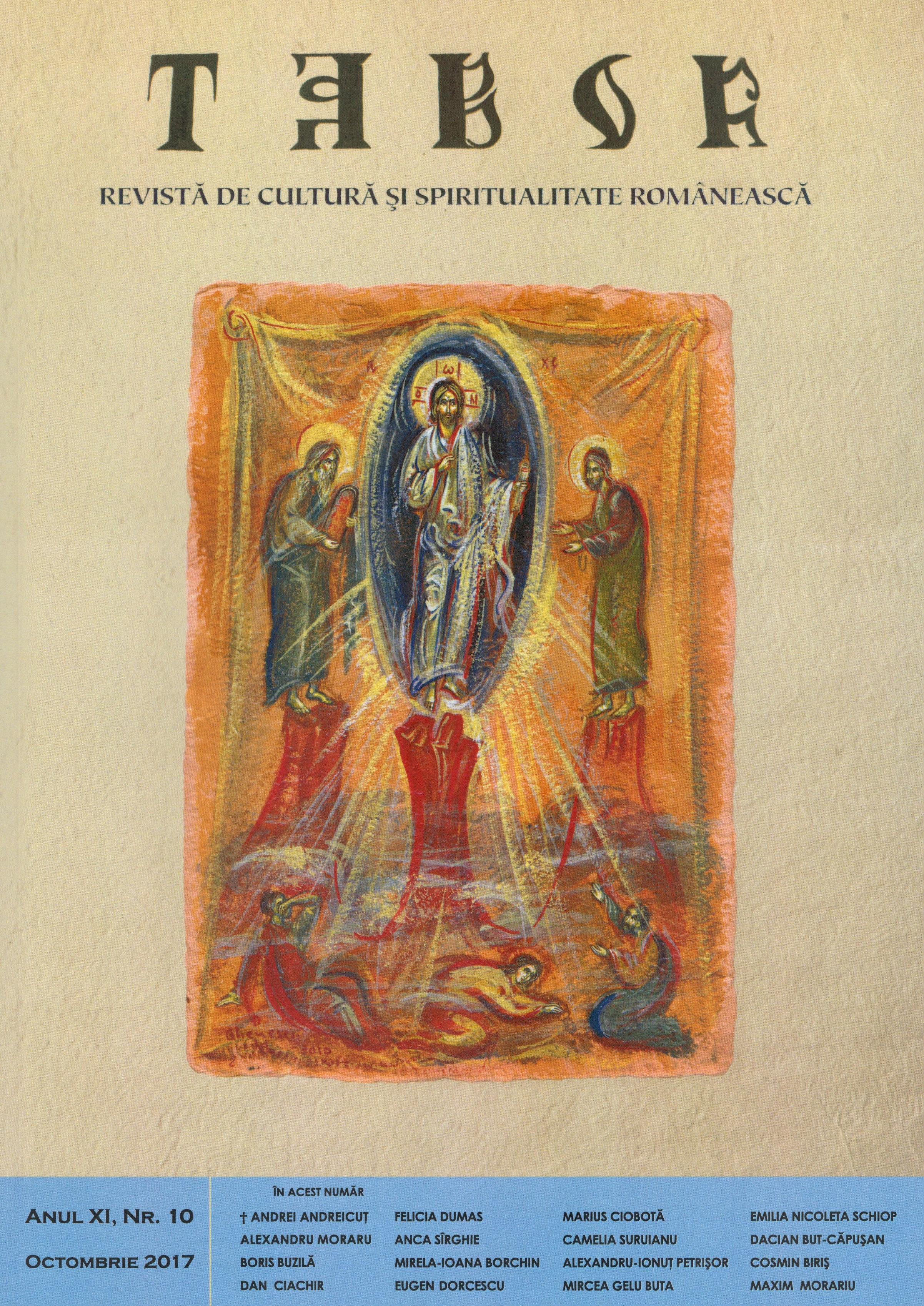Influenţa religiei în procesul de europenizare a Balcanilor de Vest
Influence of Religion in the Europeanization of the Western Balkans
Author(s): Emilia Nicoleta SchiopSubject(s): Present Times (2010 - today)
Published by: Renaşterea Cluj
Keywords: Europeanization; Western Balkans; Europe crisis; Albania; Serbia
Summary/Abstract: The last major event, the Brexit, urges European leaders to keep cohesion between the member states and the enlargement for East, which was postponed, can be accomplished in the future. Serbia, Montenegro, The Former Republic of Macedonia are examples of countries who started the admission negotiations. Croatia is part of the European Union since 2013. The stability for this part of the continent is essential for the EU security and this can be settled by respecting the fundamental norms. In this process, religion plays an important role. It can influence the systems (directly or indirectly) and the mentality of the population. Communism also left an influence, because that system lasted tor a long time. In addition, this geographical area has ethnic and religious conflicts between Christians and Muslims deeply rooted in history (eg. Kosovo problem, Srebrenica massacre etc.). Montenegro has potential in this way, after Macedonia and Serbia, which have already lead most of the negotiation chapters to an advanced stage. Bosnia, Herzegovina and Albania are at the beginning. Accession negotiations developing in the Western Balkans is a topical subject. European Commission’s documents are public. There are also governmental documents which indicate the progress of the accession negotiations. There is no national or international case study, containing all the available information about the accession (there is different information from different sources). Also, there is no interpretation of the negotiation chapters with the stucture of position papers in European negotiations. There aregaps in the documents about the national interpretation from the Western Balkans states to align with European standards. This study will try to find the connection between the religious conflicts in Western Balkans states and their future accession (also by analyzing the negotiation chapters).
Journal: TABOR. Revistă de cultură şi spiritualitate românească
- Issue Year: XI/2017
- Issue No: 10
- Page Range: 78-85
- Page Count: 8
- Language: Romanian
- Content File-PDF

